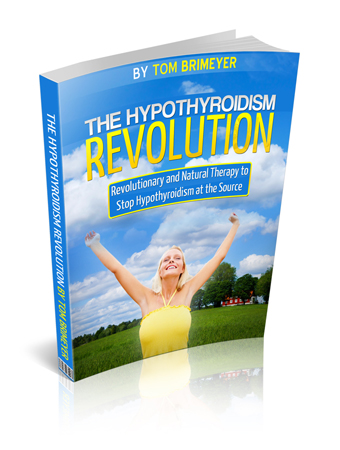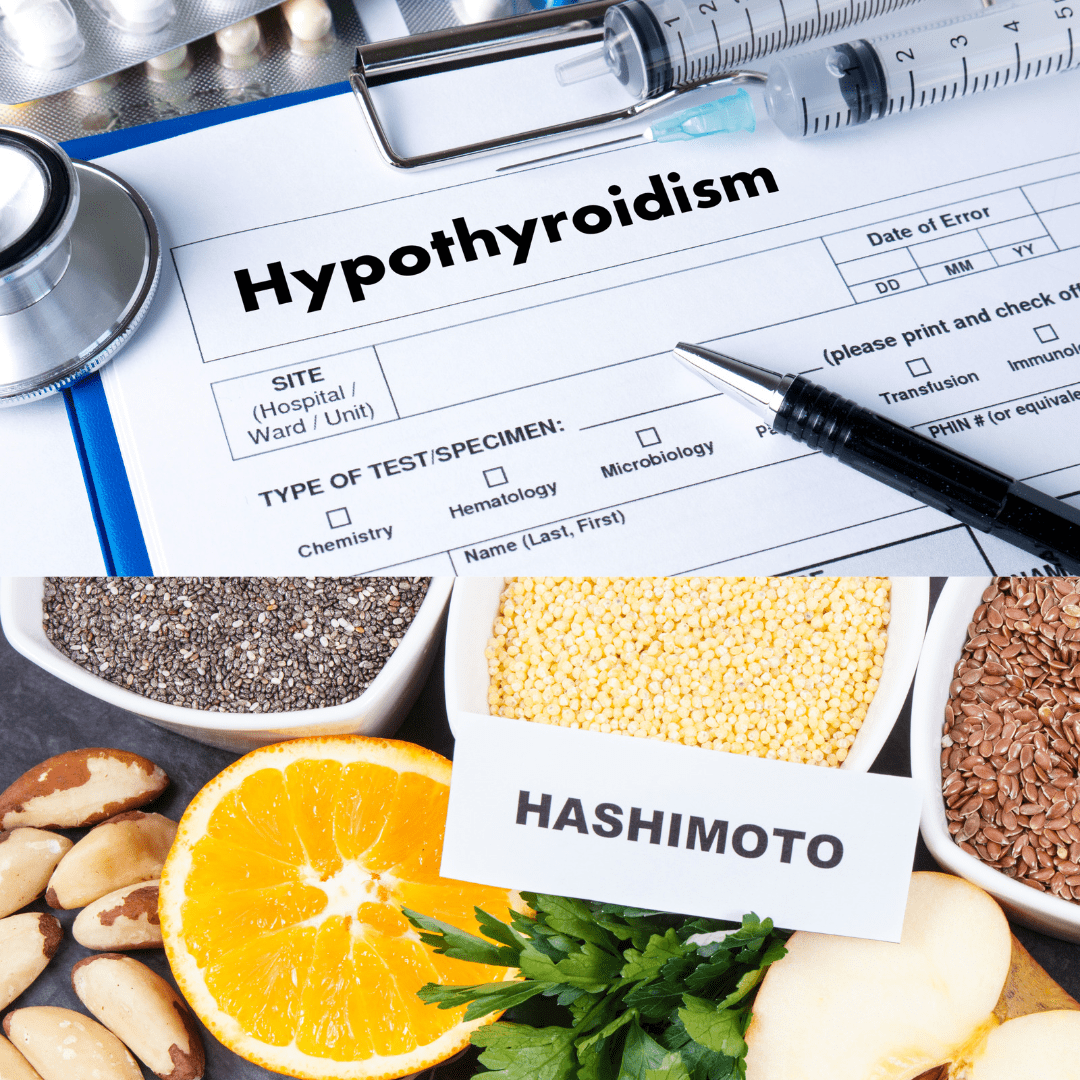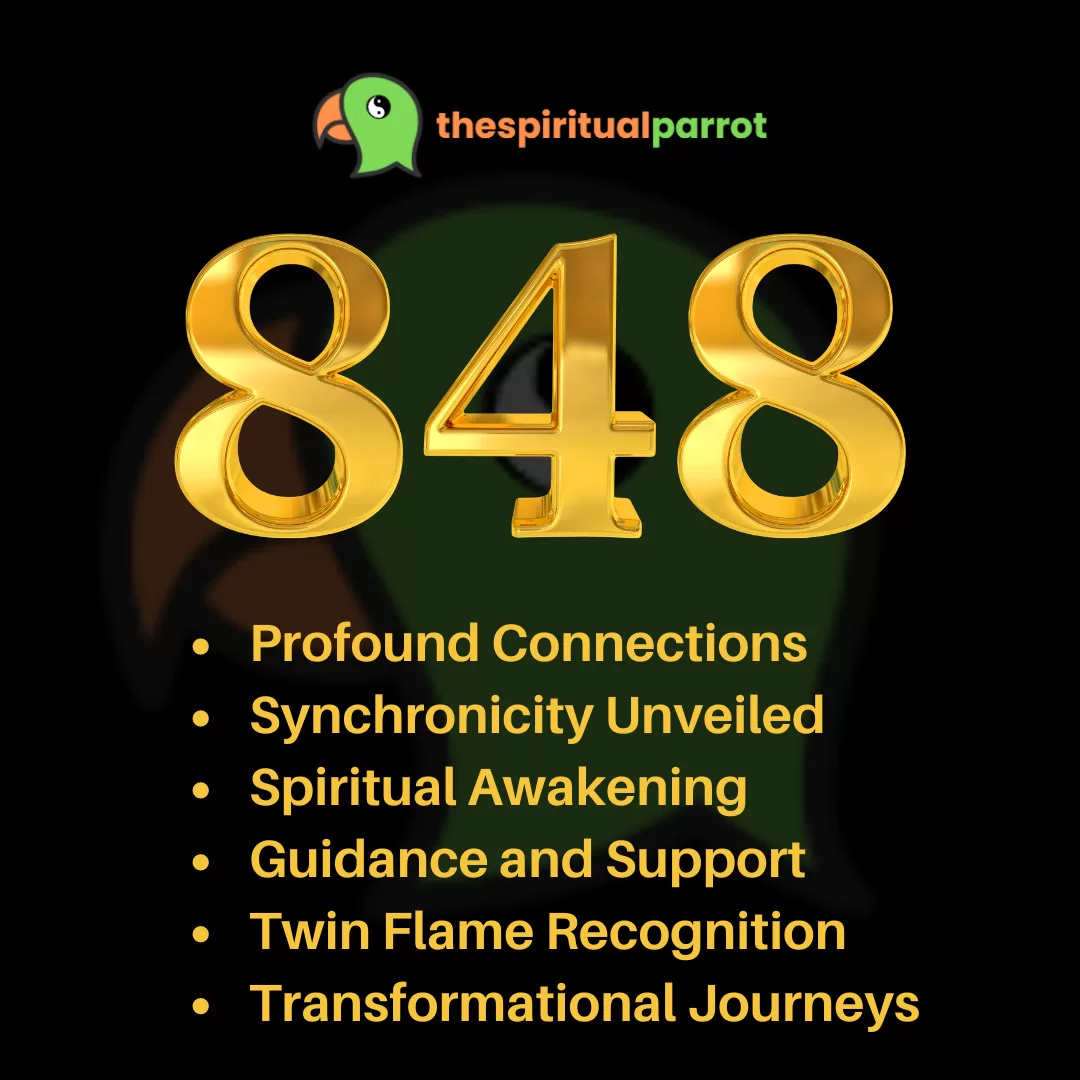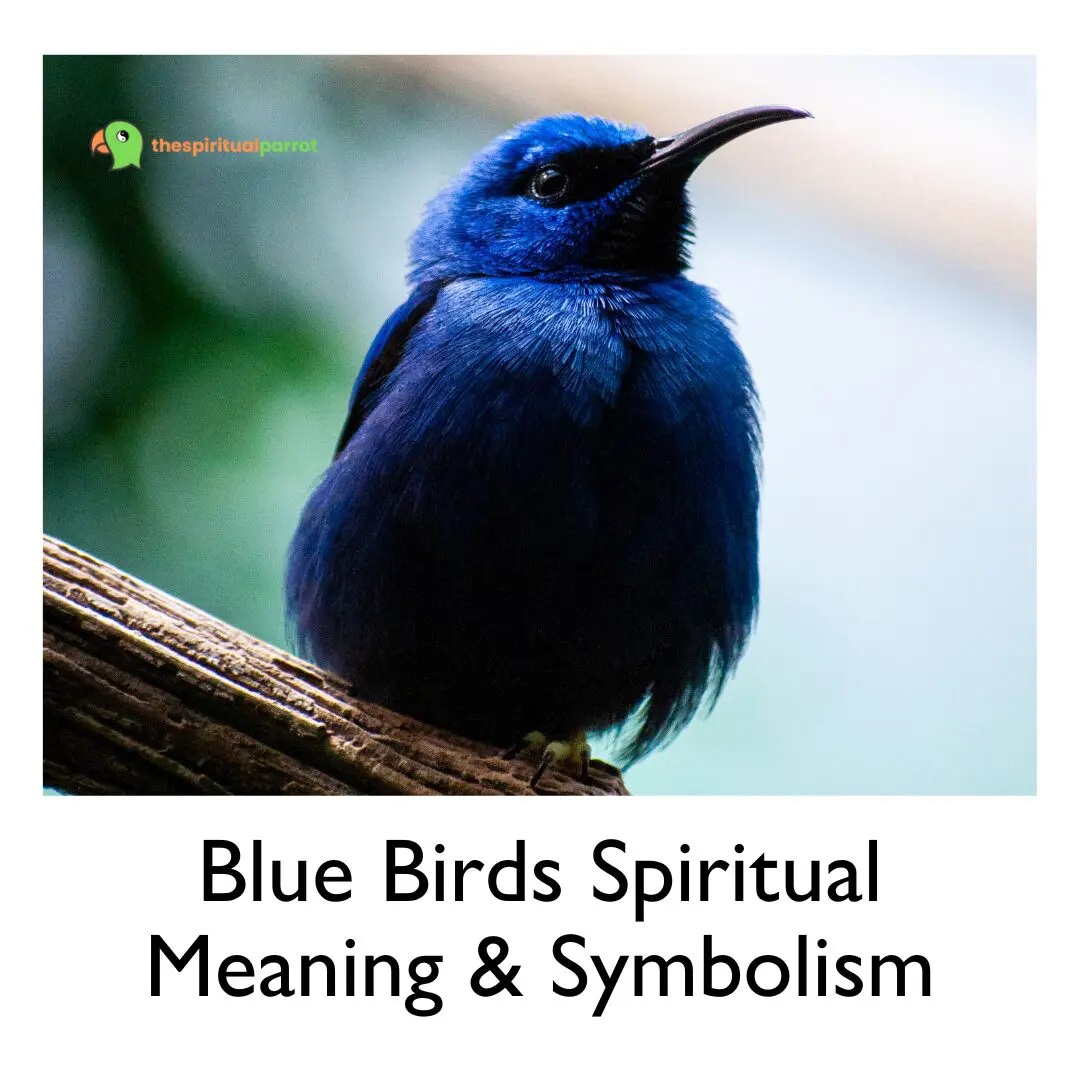The human body is a complex system of interrelated parts, with physical health often being the primary focus of medical treatment. However, the root causes of many physical ailments are often connected to mental, emotional, and even spiritual health. Hypothyroidism, a common condition affecting millions of people worldwide, is no exception. In this article, we will explore the spiritual root of hypothyroidism and how they relate to the physical and emotional symptoms of the condition.
We will begin by discussing the definition, causes, and symptoms of hypothyroidism and why addressing this condition is crucial for overall well-being. Then, we will delve deeper into the mental and emotional aspects of hypothyroidism, exploring the impact that this condition can have on one’s mental and emotional health.
The main focus of this article, however, will be on the spiritual root of hypothyroidism. We will explore how imbalances in the throat chakra can lead to the development of this condition and the connection between spiritual, mental, and physical health. Furthermore, we will provide practices and techniques for healing the spiritual roots of hypothyroidism, including yoga, meditation, journaling, and other creative outlets.
This article aims to provide a comprehensive understanding of hypothyroidism and emphasize the importance of combining spiritual and conventional approaches to its treatment. By addressing the spiritual roots of this condition alongside its physical symptoms, we can achieve true and lasting well-being.

Introduction
Welcome to an intriguing exploration of the spiritual roots of hypothyroidism. In this article, we will delve into the connection between spirituality and health and how it relates to hypothyroidism. Through this journey, we hope to provide you with valuable insights and understanding of this often-misunderstood condition. So, come along as we uncover the spiritual root of hypothyroidism.
Understanding Hypothyroidism: Definition, Causes, and Symptoms
Hypothyroidism is a medical condition that occurs when the thyroid gland is underactive and does not produce enough thyroid hormones to regulate the body’s metabolism. This condition affects women more than men, and it often develops slowly over several years. Some common causes of hypothyroidism include autoimmune diseases, such as Hashimoto’s thyroiditis, surgical removal of the thyroid gland, and radiation therapy.
Symptoms of hypothyroidism may vary from person to person, but some common signs include fatigue, weight gain, hair loss, dry skin, and constipation. Other symptoms may include depression, memory loss, and cold intolerance.
It’s important to understand hypothyroidism because it can lead to other health problems if left untreated. A simple blood test can diagnose the condition, and treatment typically involves taking daily doses of synthetic thyroid hormones. With proper treatment, most people with hypothyroidism can lead healthy, normal lives. However, it’s important to work closely with a healthcare professional to manage the condition and ensure the right dosage of medication.
Exploring the Connection Between Spirituality and Health
Understanding the link between spirituality and health is crucial as it can impact an individual’s overall well-being. Several studies have suggested that spirituality can positively affect physical, emotional, and mental health. Studies show that individuals who practice spirituality tend to have better-coping mechanisms, a more positive outlook on life, and also lower levels of stress. Additionally, it has been observed that people who practice spirituality tend to have stronger social support systems, which can lead to a more fulfilling life. In this section, we will explore the connection between spirituality and health to better understand its role in promoting wellness.
The Main Focus of the Article: Uncovering the Spiritual Roots of Hypothyroidism
Hypothyroidism’s spiritual roots are often disregarded in conventional medicine, yet they can significantly impact development and treatment. By exploring the connection between spirituality and hypothyroidism, we can deepen our understanding and reveal innovative treatment methods. This section will concentrate on the spiritual facets of hypothyroidism, such as the throat chakra’s role in thyroid health, negative emotions’ impact on the thyroid gland, and the potential benefits of practices like meditation and energy healing. By addressing the spiritual roots alongside the physical, a holistic approach to treatment may enhance outcomes.
The Physical Aspects of Hypothyroidism
Understanding the impact of this condition on the body is crucial for proper management. Hypothyroidism can affect multiple systems, leading to fatigue, weight gain, and other symptoms. By exploring the physical aspects of hypothyroidism, we can better understand how to address the condition and improve overall health. Let’s dive in.
Physical Symptoms of Hypothyroidism and Their Impact on Overall Well-being
Hypothyroidism is a condition where the thyroid gland fails to produce enough thyroid hormones, leading to a range of physical symptoms. These symptoms can have a significant impact on a person’s overall well-being, including their energy levels, weight, and mood. Some common physical symptoms of hypothyroidism include:
- Fatigue and weakness
- Weight gain or difficulty losing weight
- Dry skin and hair
- Constipation
- Sensitivity to cold temperatures
- Joint pain and stiffness
- Muscle weakness
- Slow heart rate
- Menstrual irregularities
The severity of these symptoms can vary from person to person, and they may develop gradually over time. However, if left untreated, hypothyroidism can lead to more serious health complications, such as high cholesterol levels, heart disease, and nerve damage. Therefore, it’s important to address hypothyroidism promptly to minimize the impact of physical symptoms on overall well-being. While conventional treatments, such as medication, diet, and lifestyle changes, can help manage physical symptoms, it’s also essential to consider the spiritual root of hypothyroidism and its potential impact on physical health.
Conventional Treatments for Hypothyroidism: Medications, Diet, and Lifestyle Changes
Conventional treatments for hypothyroidism aim to replace the thyroid hormones that the body is no longer producing adequately. The most common treatment is synthetic thyroid hormone replacement medication, such as levothyroxine. This medication is usually taken daily and can help manage the physical symptoms of hypothyroidism. Along with medication, certain lifestyle changes can also be helpful in managing the condition, such as:
- Eating a well-balanced diet that includes iodine-rich foods, such as seafood and dairy products.
- Avoiding foods that can interfere with the absorption of thyroid hormones, such as soy and high-fibre foods.
- Regular exercise can also help improve energy levels and reduce symptoms such as fatigue and weight gain.
It’s important to note that medication dosage and treatment can vary depending on the individual’s age, gender, and overall health. Therefore, it’s crucial to work closely with a healthcare provider to determine the most effective treatment plan. While conventional treatments are essential for managing the physical symptoms of hypothyroidism, it’s also important to consider the spiritual root of hypothyroidism and its potential impact on physical health.
Why Addressing Hypothyroidism is Important for Physical Health
Hypothyroidism is a condition that can significantly impact physical health and well-being. When left untreated, hypothyroidism can lead to more severe health complications such as high cholesterol levels, heart disease, and nerve damage. Addressing hypothyroidism promptly is crucial to minimize the impact on physical health. Additionally, some alternative healthcare practitioners believe that there may be a spiritual root of hypothyroidism that may contribute to physical health issues. For example, unresolved emotional issues, such as stress or trauma, may impact thyroid function. Therefore, addressing emotional and spiritual health along with physical treatment can lead to improved outcomes in managing hypothyroidism. It’s important to work closely with healthcare providers to determine the best course of treatment, which may involve addressing the spiritual root of hypothyroidism, along with conventional treatment options.

The Mental and Emotional Aspects of Hypothyroidism
The Mental and Emotional Aspects of Hypothyroidism are often overlooked, despite being crucial for overall well-being. Depression, brain fog, anxiety, and mood swings are just a few of the mental and emotional symptoms that can accompany hypothyroidism. Understanding the Spiritual Root of Hypothyroidism can help individuals address these symptoms and improve their quality of life. Let’s explore these aspects of hypothyroidism further.
Mental Symptoms of Hypothyroidism: Depression, Brain Fog, and More
Hypothyroidism can affect the mental and emotional state of a person, leading to various symptoms that affect daily life. The following are some mental symptoms that can occur due to hypothyroidism:
- Depression: Feeling down, sad or hopeless.
- Brain fog: Difficulty in concentration and memory, feeling mentally tired.
- Irritability: Being easily annoyed, angry or frustrated.
- Sluggishness: Feeling lethargic and unmotivated.
- Sleep disturbances: Difficulty in falling asleep or staying asleep, feeling tired even after a good night’s sleep.
- Reduced cognition: Slow thinking process, difficulty in decision-making.
These symptoms can affect the quality of life and lead to decreased productivity, affecting work, relationships, and personal life. The spiritual root of hypothyroidism can be linked to the throat chakra, responsible for communication and self-expression. A blocked throat chakra can affect the communication of emotions and thoughts, leading to emotional and mental disturbances. Therefore, addressing the spiritual root of hypothyroidism, along with medical treatment, can help in overall well-being.
Emotional Symptoms of Hypothyroidism: Anxiety, Mood Swings, and More
Apart from mental symptoms, hypothyroidism can also cause various emotional symptoms. Some common emotional symptoms are:
- Anxiety: Feeling excessive worry or fear.
- Mood swings: Sudden changes in emotions, such as irritability, sadness, or euphoria.
- Increased sensitivity: Feeling overly sensitive to criticism or rejection.
- Decreased motivation: Feeling demotivated and lack of interest in daily activities.
- Social withdrawal: Avoiding social situations or being less engaged in them.
These emotional symptoms can lead to social isolation and affect personal relationships. The spiritual root of hypothyroidism can be linked to the heart chakra, responsible for love and compassion. A blocked heart chakra can lead to emotional imbalances, affecting relationships with self and others. Therefore, addressing the spiritual root of hypothyroidism, along with medical treatment, can help in overall well-being.
Why Addressing the Mental and Emotional Symptoms of Hypothyroidism is Crucial for Overall Well-being
Hypothyroidism affects not only physical health but also mental and emotional well-being. Therefore, it is crucial to address the mental and emotional symptoms along with medical treatment for overall well-being. Here are some reasons why addressing mental and emotional symptoms is crucial:
- Quality of life: Addressing mental and emotional symptoms can improve the quality of life by reducing the impact of symptoms on daily life.
- Relationships: Mental and emotional symptoms can affect personal and professional relationships, so addressing them can improve relationships.
- Productivity: Addressing mental and emotional symptoms can improve productivity at work and home.
- Treatment effectiveness: Addressing mental and emotional symptoms can improve the effectiveness of medical treatment.
- Holistic well-being: Addressing mental and emotional symptoms, along with medical treatment, can lead to holistic well-being, including spiritual well-being.
Addressing the spiritual root of hypothyroidism, along with medical treatment and mental health support, can lead to improved overall well-being.
The Spiritual Roots of Hypothyroidism
Hypothyroidism is not only a physical condition but also has spiritual roots. The throat chakra, responsible for communication and self-expression, is often linked to hypothyroidism. An imbalance in this chakra can affect communication and self-expression, leading to emotional and mental disturbances. Therefore, addressing the spiritual root of hypothyroidism, along with medical treatment, can help in overall well-being. Understanding the spiritual causes of hypothyroidism can lead to a more holistic approach to healing and well-being.
Exploring the Spiritual Causes of Hypothyroidism: Imbalance in the Throat Chakra
According to spiritual practices, hypothyroidism can have spiritual roots, specifically an imbalance in the throat chakra. The throat chakra is the fifth chakra and is responsible for communication, self-expression, and creativity. An imbalance in this chakra can lead to physical symptoms, such as hypothyroidism, as well as emotional and mental disturbances.
Some common signs of an imbalanced throat chakra are difficulty in communicating, fear of speaking up, feeling unheard, and struggle with creativity. Addressing the spiritual root of hypothyroidism involves balancing the throat chakra through practices such as meditation, yoga, and chakra healing.
Additionally, addressing emotional and mental symptoms related to an imbalanced throat chakra can also help in healing the spiritual root of hypothyroidism. By understanding the spiritual causes of hypothyroidism, individuals can take a more holistic approach to healing and well-being.
The Connection Between Spiritual, Mental, and Physical Health
Understanding the relationship between spiritual, mental, and physical health is crucial for treating hypothyroidism holistically. Spirituality and mental health impact physical health, and vice versa. A healthy mind is essential for a healthy body, and spiritual practices can improve mental and physical well-being. For example, meditation, yoga, and deep breathing exercises help reduce stress, anxiety, and depression, all of which contribute to hypothyroidism.
| Spirituality | Mental Health | Physical Health |
|---|---|---|
| Meditation | Mindfulness | Exercise |
| Prayer | Therapy | Nutrition |
| Gratitude | Self-care | Restful sleep |
Using spiritual practices can help maintain a healthy mindset, which in turn leads to a healthy body. In contrast, negative thought patterns and emotional distress can cause physical health problems, including hypothyroidism. Therefore, it is essential to address spiritual and mental health alongside physical health to treat hypothyroidism effectively. By adopting a holistic approach, one can heal the spiritual roots of hypothyroidism, leading to a happier and healthier life.
Healing the Spiritual Roots of Hypothyroidism: Practices and Techniques
To address the spiritual roots of hypothyroidism, there are several practices and techniques that can be beneficial. These include:
- Meditation and Visualization: These practices can help calm the mind and balance the energy centers in the body. By focusing on the throat chakra and visualizing it as a clear, vibrant blue light, you can support its healing and promote balance in the thyroid gland.
- Sound Healing: Certain sounds and frequencies can help activate and balance the throat chakra, including chanting, singing, and listening to specific frequencies. You can incorporate these practices into your daily routine to support the spiritual healing of hypothyroidism.
- Energy Healing: Modalities such as Reiki, acupuncture, and acupressure can help balance the energy flow in the body and promote healing on a spiritual level. By working with a skilled practitioner, you can address the underlying spiritual imbalances that may be contributing to hypothyroidism.
- Journaling: Writing can be a powerful tool for exploring and processing emotions and beliefs that may be contributing to hypothyroidism. By journaling regularly, you can gain insight into your spiritual journey and identify areas for growth and healing.
By incorporating these practices and techniques into your self-care routine, you can support the healing of the spiritual roots of hypothyroidism and promote overall health and well-being. Remember, it’s important to work with a qualified healthcare practitioner and approach these practices as a complement to traditional medical treatment.

Spiritual Remedies for Hypothyroidism
Discover the power of spiritual remedies for hypothyroidism and explore natural ways to promote healing and balance in your body. From yoga to meditation, journaling to creative outlets, learn how to address the spiritual root of hypothyroidism and improve your overall well-being.
Yoga for Hypothyroidism: Poses and Techniques to Balance the Throat Chakra
Yoga is a powerful tool for balancing the throat chakra and promoting the healing of hypothyroidism. Specific poses and techniques can help stimulate the thyroid gland, increase circulation to the neck, and promote overall balance in the body. Some of the most effective yoga poses for hypothyroidism include:
- Fish Pose (Matsyasana): This pose stimulates the thyroid gland and promotes the flow of blood and oxygen to the neck. To perform this pose, lie on your back with your arms at your sides, then lift your chest and head off the ground while arching your back.
- Shoulder Stand (Sarvangasana): This pose also stimulates the thyroid gland and promotes circulation to the neck. To perform this pose, lie on your back with your arms at your sides, then lift your legs and hips up towards the ceiling while supporting your back with your hands.
- Plow Pose (Halasana): This pose helps regulate the thyroid gland and promotes circulation to the neck and head. To perform this pose, start in Shoulder Stand, then lower your legs and feet towards the ground behind your head while keeping your back supported with your hands.
In addition to these poses, specific breathing techniques such as ujjayi breath and lion’s breath can also help balance the throat chakra and support the healing of hypothyroidism. By incorporating these yoga poses and techniques into your daily routine, you can promote balance and healing on a spiritual and physical level. Remember to always listen to your body and work with a qualified yoga instructor if you are new to the practice.
Meditation for Hypothyroidism: Techniques for Spiritual and Emotional Healing
Meditation is a powerful tool for managing hypothyroidism on a spiritual and emotional level. By calming the mind and promoting relaxation, meditation can help reduce stress and support the healing of the thyroid gland. Some effective meditation techniques for hypothyroidism include:
- Visualization: By visualizing the thyroid gland as healthy and balanced, you can promote healing on a spiritual and energetic level. Sit in a comfortable position and visualize a clear blue light filling the area of the throat and thyroid gland.
- Breathing Techniques: Specific breathing techniques, such as alternate nostril breathing and deep belly breathing, can help regulate the thyroid gland and promote relaxation. Practice these techniques for a few minutes each day to support the spiritual and emotional healing of hypothyroidism.
- guided meditations: Listening to guided meditations can be a helpful tool for those with hypothyroidism. Look for meditations that focus on healing the throat chakra or promoting relaxation and balance in the body.
Incorporating meditation into your daily routine can be a powerful tool for managing hypothyroidism on a spiritual and emotional level. Remember to approach meditation with an open mind and be patient with yourself as you develop your practice. With regular practice, meditation can be a valuable complement to traditional medical treatments for hypothyroidism.
Journaling for Hypothyroidism: Writing Prompts to Uncover and Address Spiritual Roots
Journaling can be a powerful tool for uncovering and addressing the spiritual roots of hypothyroidism. By exploring your thoughts and emotions on paper, you can gain insight into the underlying beliefs and experiences that may be contributing to your condition. Some effective journaling prompts for hypothyroidism include:
- What emotions do I associate with my hypothyroidism? How do these emotions impact my daily life?
- What beliefs do I hold about my body and my health? How do these beliefs influence my approach to managing my hypothyroidism?
- What spiritual practices or beliefs resonate with me? How can I incorporate these practices into my daily routine to support the healing of my hypothyroidism?
- What relationships in my life are impacting my emotional and spiritual well-being? How can I set boundaries and cultivate healthier relationships to support my healing?
By regularly journaling and exploring these prompts, you can gain insight into the spiritual roots of your hypothyroidism and identify areas for growth and healing. Remember to approach journaling with an open and curious mindset, and be patient with yourself as you navigate this process. Journaling can be a valuable complement to traditional medical treatments for hypothyroidism, helping you to address the condition on a holistic level.
Creative Outlets for Hypothyroidism: Using Art and Other Creative Practices for Spiritual and Emotional Healing
Engaging in creative activities can help individuals with hypothyroidism to find emotional release, reduce stress, and improve their overall sense of well-being. Here are some creative outlets that can be explored for spiritual and emotional healing:
- Art therapy: Creating visual art through drawing, painting, or sculpting can provide a cathartic experience, allowing individuals to express themselves and their emotions in a nonverbal way.
- Music therapy: Listening to or playing music can have a powerful effect on mood, reducing anxiety and promoting relaxation. Individuals can try playing an instrument or singing to create their own music therapy session.
- Dance therapy: Dancing can be a physical outlet for emotions, promoting a sense of freedom and release. Individuals can explore different styles of dance to find what resonates with them.
- Writing: Journaling and creative writing can be a therapeutic way to process emotions and explore the spiritual roots of hypothyroidism. Writing prompts can help individuals get started and uncover deeper insights.
- Crafting: Engaging in craft activities such as knitting, sewing, or woodworking can provide a sense of accomplishment and relaxation. These activities can also be a way to create something tangible, which can be empowering for individuals with hypothyroidism who may feel a lack of control over their condition.
By incorporating creative practices into their daily routine, individuals with hypothyroidism can find a way to express their emotions and address the spiritual roots of their condition. These practices can be a powerful tool for healing and self-discovery.
Conclusion
In conclusion, hypothyroidism can have physical, mental, emotional, and spiritual aspects. While conventional treatments can help manage physical symptoms, addressing the spiritual roots of hypothyroidism is crucial for holistic well-being. By exploring the imbalance in the throat chakra and the connection between spiritual, mental, and physical health, we can uncover the spiritual causes of hypothyroidism and implement practices and techniques like yoga, meditation, journaling, and creative outlets to heal and balance the throat chakra.
To take action, readers can try incorporating these practices into their daily routine and seek out additional resources like books, classes, and workshops on spirituality and holistic health. Additionally, sharing this article on social media or leaving a comment can help spread awareness and spark discussion on the topic.
As a final note, crystal grids can also be a helpful tool for healing and balancing the throat chakra. By placing specific crystals in a geometric pattern, we can amplify their energy and create a powerful energetic field for healing. Overall, integrating spiritual and conventional approaches to hypothyroidism treatment can lead to a more comprehensive and effective approach to holistic well-being.












